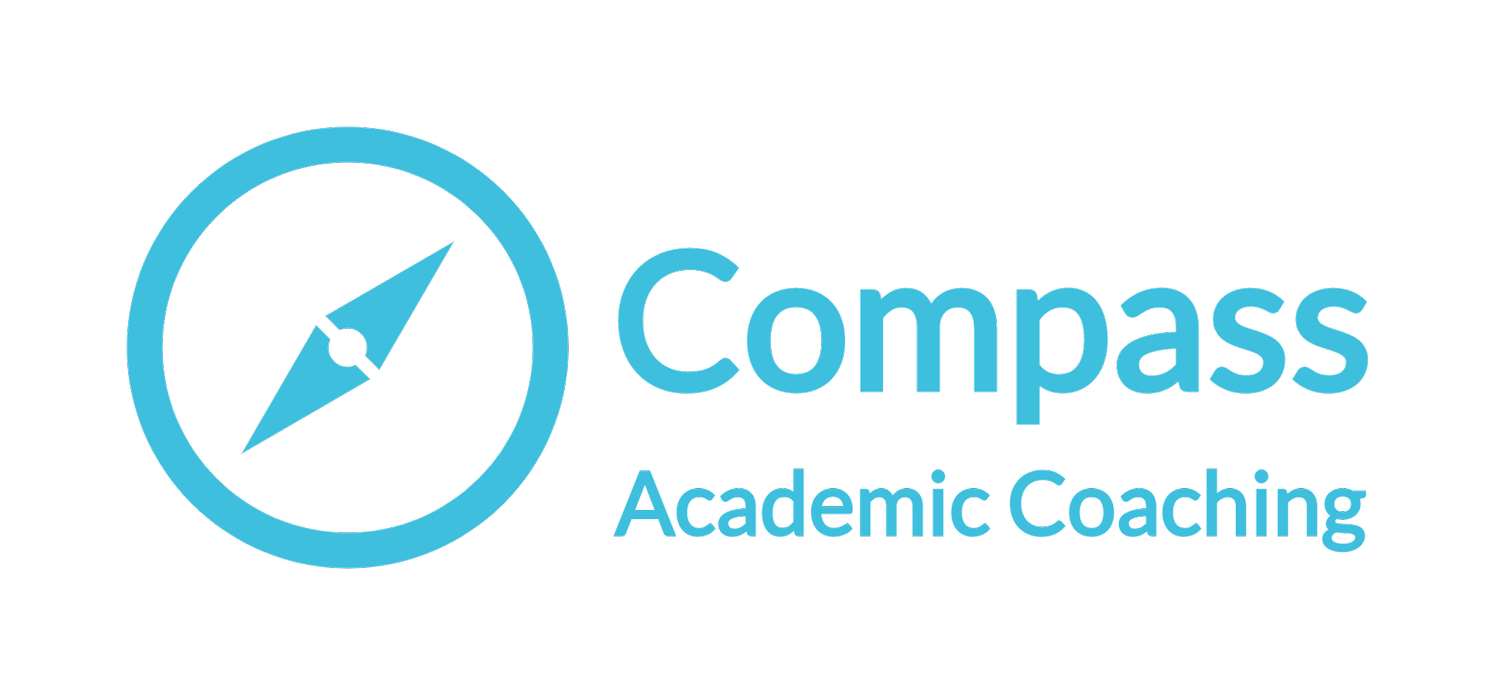Resource: Write Like You Teach
This book and a new client arrived in my life at the same time—serendipity at its finest.
James M. Lang's Write Like You Teach landed on my desk just as I began working with a professor eager to write his first trade book (that’s publishing industry lingo for a book sold in book stores for general readers). The timing couldn't have been more perfect.
A teacher standing in front of a white board and smiling
A problem-solving approach
What makes Lang's book so immediately useful is its approach. Rather than offering vague encouragement, Lang:
Identifies specific writing problems academics face when addressing broader audiences
Presents a menu of possible solutions to each problem
Demonstrates these solutions with concrete examples
This practical approach means readers can immediately apply Lang's advice to their works-in-progress.
The teaching-writing connection
The book's core metaphor—that good teaching principles can guide public writing—invites academics to try new strategies while holding onto something familiar. Lang draws clear parallels between classroom engagement strategies and techniques for keeping readers invested.
Have you ever noticed how the best teachers know when to offer an illustrative anecdote or shift gears to maintain attention? Lang shows how these same instincts can transform academic writing from dense to engaging.
A companion who loves learning
Throughout the book, Lang's own love of learning shines through. He approaches writing challenges with the same curiosity and problem-solving spirit that likely makes him an excellent teacher.
I especially connected with Lang in the “final word” chapter, when he shared “I love to know things […] But more than anything else, I love to learn new things.” This is what I love most about the writing process: the discovery that happens along the way.
For authors and editors: A practical toolkit
If you're an academic writer hoping to reach beyond specialized audiences, Lang offers a clear path:
Identify a specific problem in your current draft
Select from his menu of potential solutions
Experiment with implementing one solution at a time
Learn about the mysterious world of publishing from someone who's navigated it
As an editor or writing coach, the book helps you:
Better articulate what you're reacting to in a client's draft
Offer clients options rather than prescriptive fixes
Share publishing resources with your clients
I can see myself using Lang's framework as I guide my clients. Instead of saying "this section feels flat," I can suggest, "This concept might benefit from the kind of concrete example you'd use in class."
Finding your classroom voice on the page
Lang reminds us that many academics already possess the skills they need for effective public writing—they just haven't recognized how to transfer these abilities from the classroom to the page.
What teaching techniques might translate to your writing? How might approaching your next draft with a teacher's mindset change your process?
For academics feeling stuck in specialized writing patterns, Lang offers both permission and practical strategies to write differently.
Gen AI use description
If you’ve been following this blog, you know I have concerns about gen AI use by academic writers (find those posts here and here). As an experiment, I used the free version of Claude to help me write this post. This was my process:
After reading Write Like You Teach, I made a rough outline of points I wanted to share about the book
The next day, I gave Claude three of my own blog posts, the publisher’s description of the book, and my outline, and asked Claude to draft a blog post based on my outline in my writing style.
I thought Claude’s output worked. It communicated all the points from my outline, and, for the most part, it sounded like me. It was a little long (probably because my blog posts are a little long), so I asked Claude to cut the word count by 25%
I used that shortened draft as my working draft, and made my own revisions and edits: for example, cutting something Claude had drafted to add a quote from Lang’s book, swapping out some word choices where I felt it just didn’t sound like me.
I feel satisfied with the post, using Claude saved me a little bit of time (not a HUGE amount of time), and it was kind of fun. But what do you think? Does knowing that I used gen AI to help write this post change how you feel about it? About me?

